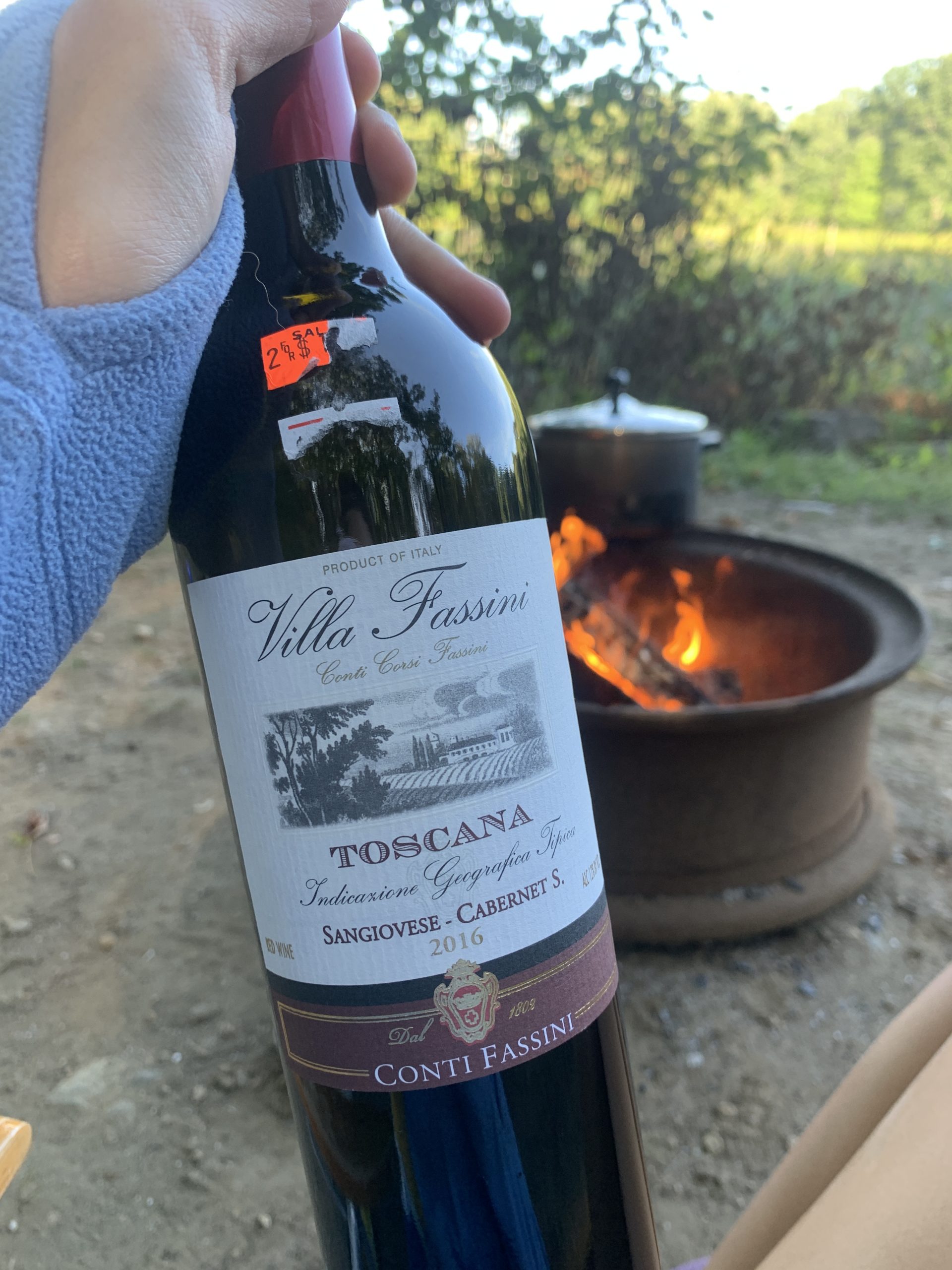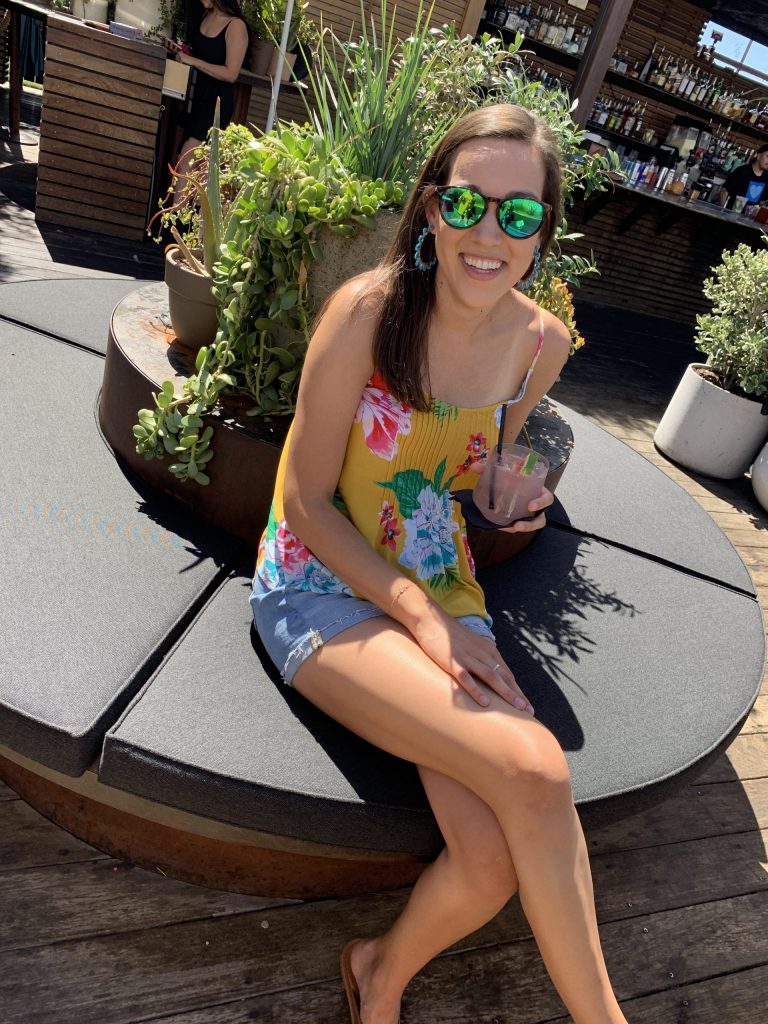
Happy 2022! January is a month that can come with a lot of pressure…go on a diet, lose weight, exercise everyday…..and cut out alcohol. You might be hearing a lot about intuitive eating as an antidote to diets, but have you heard of intuitive drinking?
Every year, the Dry January campaign comes around and encourages folks to go a month without booze. Some folks do it as a post holiday ‘cleanse’, some commit as part of a weight loss goal, and some simply like a black and white decision for the new year.
Dry January was started as a public health campaign back in 2012. The organization known for starting the momentum on dry January is known as Alcohol Concern UK, which advocates to free people from the harm that alcohol can cause .
This sounds all well and good! Let’s dig deeper…I found that the campaign was originally advertised as “… a chance to ditch the hangover, reduce the waistline, and save some serious money by giving up alcohol for 31 days.” Wait a second – woah. Is there a loud alarm bell going off in your head? “Reduce the waistline”… sounds a lot like diet culture talking!
There certainly ARE benefits to reducing or removing alcohol consumption. The tricky thing is the fact that these benefits are intertwined with weight loss messaging. It’s easy to think that by cutting out alcohol for an entire month, you might lose weight or have greater control over weight and body shape.
Whether you are participating in Dry January or not, it’s helpful to take stock of how you currently choose to enjoy alcohol (or abstain!) and whether or not it supports you. Let’s start with some explanation:

What is Intuitive Drinking?
I like to describe Intuitive Eating as a shift from external rules to internal guidance, and that applies to drinking as well. Intuitive drinking means getting in touch with your motivation for drinking, tapping into how it makes you feel, and recognizing how it affects ALL areas of your health (not just physical!)
How do I know if I am engaging in intuitive drinking?
First, gather information
Take stock of your current relationship with alcohol. Do you regularly drink? If so, what do you drink, how much, and how often? What happens when you drink? How does it affect you physically, mentally, and how does it affect the people around you? Do you choose not to drink because of your values, health, religion, or another reason? OR…Do you try to avoid alcohol because of the “hidden calories”?
Identify what supports your health and what harms it.
It’s important to know how you define health and what ‘healthy’ looks and feels like for you! The other important thing to note is that health is more than just physical! Sure, hangovers don’t feel healthy, but neither does skipping a birthday party just because you don’t want the calories from the wine and are uncomfortable being the only sober person. Social interactions impact health as well!
Check in for fears and judgments
When you are offered alcohol, what jumps into your mind? “too much sugar”, “too many calories”, “I’ll get hungry and don’t want any drunk eating”, “will this affect my weight?”. If your choice is driven by fear, this definitely deserves investigating!
What are your intentions?
This is an especially helpful check in if you are choosing NOT to drink. It can be an incredibly healthy choice to drink less alcohol or abstain entirely! The important thing is to be in touch with why you are making that choice. Do you have a family history of alcohol abuse? Perhaps you feel better physically when you don’t drink. Maybe you dislike the taste of alcohol! Does staying sober support a health condition you have? If your reason is unrelated to diet culture, that’s a green flag!
Wherever you’re at, drinking or not, it’s helpful to evaluate whether that current mindset is working for you. Maybe you feel like you want to allow yourself to consume alcohol with friends more regularly. On the other hand, you could be feeling like you want to drink less often, or a lesser quantity. Perhaps you feel like you have a healthy relationship with alcohol and don’t want to change anything! The decision is not black and white, you don’t have to choose an absolute yes or no and stick with it. This, just like intuitive eating, is a journey of figuring out what resonates for you! And there is no shame in getting support along the way.